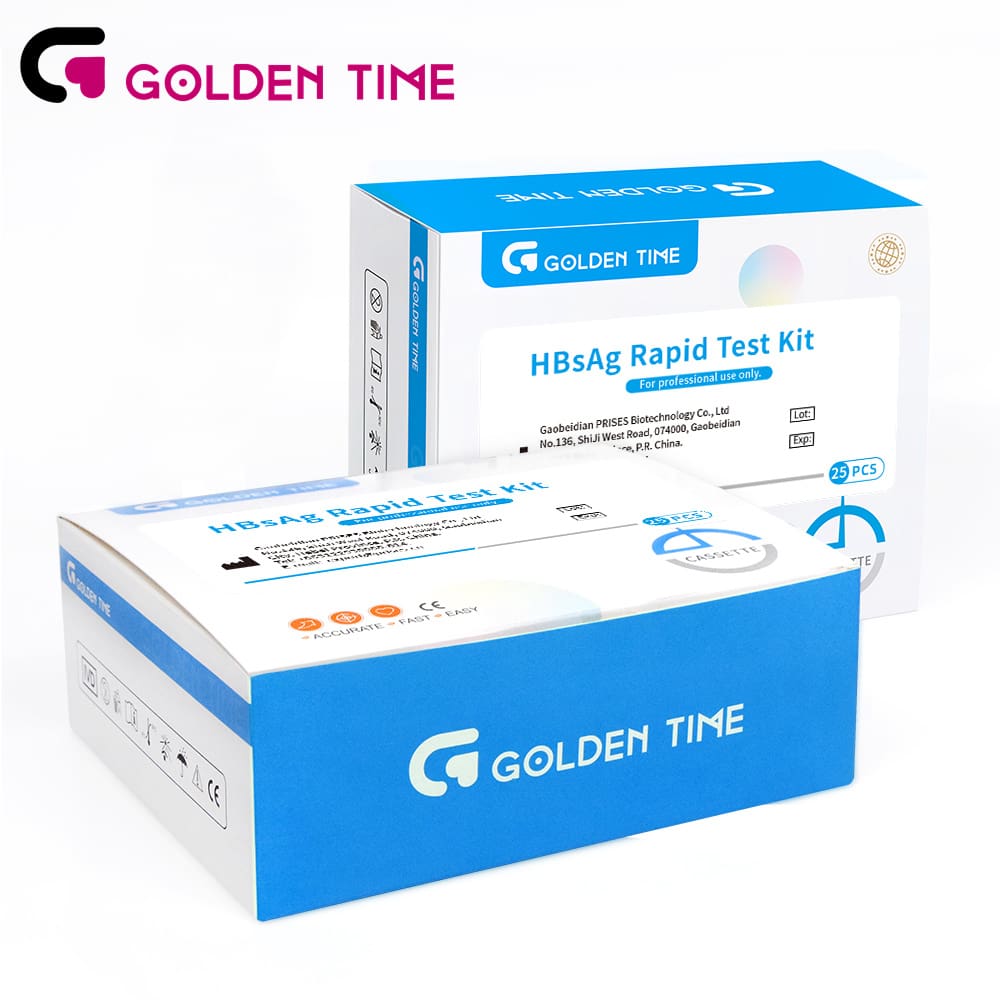Aug . 06, 2024 12:51 Back to list
Reliable Suppliers for Rapid Testing of Hepatitis B Antigens and Antibodies Available Now
The Importance of Hepatitis B Rapid Test Suppliers
Hepatitis B virus (HBV) is a significant global health concern, affecting millions of people worldwide. The World Health Organization (WHO) estimates that over 296 million people were living with chronic hepatitis B infection in 2019. The virus can lead to serious health complications, including cirrhosis and liver cancer, highlighting the urgent need for effective screening and diagnosis. The emergence of rapid test kits has revolutionized the way we approach hepatitis B testing, making it faster and easier for healthcare providers to diagnose and manage this disease. This article discusses the critical role of hepatitis B rapid test suppliers in the public health landscape.
The Role of Hepatitis B Rapid Tests
Rapid tests for hepatitis B offer an efficient method for detecting the presence of the virus. Unlike traditional laboratory tests, which may take days to yield results, rapid tests can provide results in as little as 15 minutes. This speed is crucial, particularly in resource-limited settings where access to laboratory facilities may be limited. Rapid tests typically rely on a sample of blood or oral fluid, making them more accessible for patients and healthcare providers alike.
These tests are particularly beneficial in areas with high rates of hepatitis B infection. They can facilitate early diagnosis and treatment, thereby reducing the risk of complications associated with chronic infection. Moreover, rapid tests can help in the identification of those who need further evaluation and management, ultimately contributing to improved health outcomes.
Who Are Hepatitis B Rapid Test Suppliers?
Hepatitis B rapid test suppliers are companies that manufacture and distribute these diagnostic kits. They play a vital role in ensuring the availability, affordability, and reliability of testing solutions. Suppliers range from large multinational corporations to specialized biotech firms focusing on infectious diseases. They are responsible for maintaining quality control and compliance with international health regulations, ensuring that their products meet safety and efficacy standards.
hepatitis b rapid test supplier

Additionally, these suppliers often engage in research and development to improve the performance of rapid tests. Innovations in testing technology can lead to enhanced specificity and sensitivity, thereby reducing the rate of false positives and negatives. The commitment of suppliers to advancing testing technologies is essential in the ongoing battle against hepatitis B.
The Global Impact of Hepatitis B Rapid Test Suppliers
Access to reliable hepatitis B rapid tests can substantially influence public health strategies. By collaborating with governments, NGOs, and healthcare providers, suppliers can enhance screening programs and vaccination campaigns. For instance, in low-income countries, partnerships with suppliers can help facilitate the distribution of affordable rapid tests to remote and underserved populations. This is particularly important in the context of the WHO's goal to eliminate viral hepatitis as a public health threat by 2030.
Furthermore, educating healthcare providers and patients about the availability and benefits of rapid testing contributes to increased testing rates. Suppliers often provide training and resources to ensure that healthcare workers are equipped to administer tests accurately and interpret results effectively.
Conclusion
Hepatitis B rapid test suppliers play an indispensable role in managing the fight against hepatitis B. With their innovative testing solutions, they help streamline the process of diagnosis, enabling faster medical interventions that can save lives. As the global community continues to prioritize hepatitis B eradication, the collaboration between healthcare systems and rapid test suppliers will be critical in ensuring widespread access to essential diagnostic tools. By improving testing practices, we move closer to a world where hepatitis B is no longer a public health threat.
-
Dengue NS1 Rapid Diagnostic Test Kit
NewsMar.07,2025
-
Dengue NS1 Rapid Diagnostic Test Kit
NewsMar.07,2025
-
Dengue NS1 Rapid Diagnostic Test Kit
NewsMar.07,2025
-
Transferrin Rapid Test Cassette Tumor Marker TF Card
NewsMar.07,2025
-
Malaria Pf Pan Rapid Diagnostic Test Kit
NewsMar.07,2025
-
malaria pf / pan ag rapid test
NewsMar.07,2025

